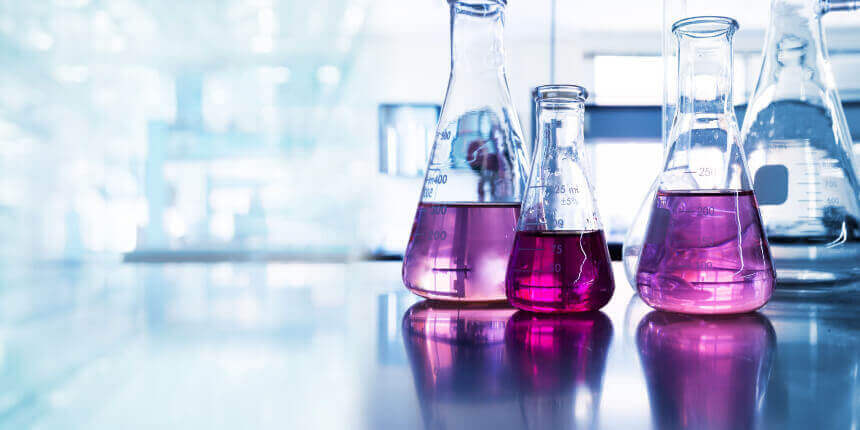
The Course of BIPC (Biology, Physics, and Chemistry) at an intermediate level holds the Important part to understanding the mysteries of life, and the fundamental laws of the World, and exploring the building blocks of matter. As an intermediate student, you are going to embark on a journey where you will Understand the living organisms, the forces that shape our world, and the chemical reactions. In this blog , we will explain the essential concepts and applications of BIPC, highlighting their significance in everyday life and its career opportunities.
There are multiple career opportunities which help you to build your career.
Some are :
Medicine
Dentistry
Pharmacy
Biotechnology
Nursing
Physiotherapy
Paramedical Sciences
Veterinary Sciences
Agricultural Sciences
ADVANTAGES OF TAKING MPC COURSE
Strong Scientific Foundation
The BIPC course provides a strong scientific background and develops analytical and critical thinking skills. Scientific subjects encourage analytical reasoning, logical thinking, and the ability to analyze complex situations. These skills are transferable and can be applied to various real-world scenarios. The subjects of biology, physics, and chemistry improve your understanding of the natural world & its principles, and scientific phenomena. BIPC courses often include practical laboratory sessions where students conduct experiments, analyze data, and interpret results. These hands-on experiences enhance skills such as observation, measurement, data analysis, and experimental design. This knowledge is valuable for various careers and also contributes to your overall intellectual development.
Understanding Human Health and Biology
The study of biology in BIPC provides a deep understanding of human anatomy, physiology, genetics, and diseases. you can learn about different organ systems, their components, and how they work together to maintain health. The course provides a comprehensive understanding of human biology, including the study of cells, tissues, organs, and their functions. Students learn about cellular processes, genetics, DNA, and the mechanisms that govern human growth, development, and reproduction. This knowledge is not only valuable for medical and healthcare professions but also helps you develop a better understanding of your own health and well-being.
Laboratory Skills
BIPC courses often involve practical laboratory sessions where you gain a lot of experience in conducting experiments, handling scientific equipment, and analyzing data. This courses teach students various experimental techniques specific to biology, physics, and chemistry. They learn how to perform titrations, chromatography, DNA extraction, cell culturing, microscopy, dissections, and other techniques. They gain familiarity with common tools such as microscopes, pipettes, centrifuges, spectrophotometers, and pH meters. Proper handling techniques ensure accurate and reliable experimental results These practical skills are highly valuable in scientific and healthcare professions, where laboratory work is often required.